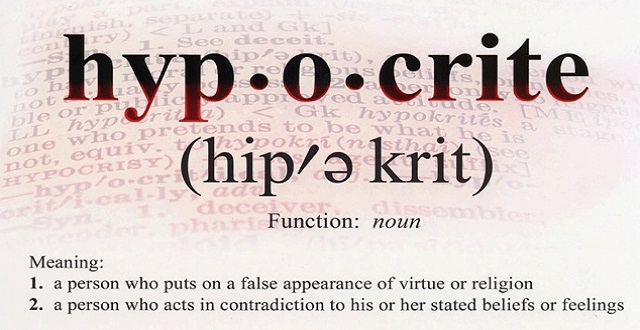Love or Mercantile marriages?
We were talking about marriage, the most difficult and tortuous stage in the life of youth, following by a discussion about love and its pitfalls. Now we continue the previous important subject.
It should not surprise you that there are several types of marriages: Mercantile marriages, impulsive marriages and paper marriages, etc.
Each of these has particular features based on which it could be easily and exactly recognized.
Symptoms of mercantile marriages are heavy marriage portions, rich dowry, water, property, house, real estate, other huge sums of money received as bride price (while from the Islamic point of view, bride price is basically senseless), or other things. Usually, two types of wealth and capital are exchanged in mercantile marriages.
1- Visible wealth
2- Invisible wealth
Visible wealth refers to the precise calculation of wealth of man or woman, and the near relatives like father, mother, brother, and in brief all of those from whom the bride and groom inherit!
In mercantile marriages, the wealth of these people are studied and calculated, and of course, after this transaction, the bride and groom wait for the properties of others like parents and brothers, and actually await their death.
On the other hand, invisible wealth refers to the social capabilities and various positions of the near and distant relatives of both parties which could be used as a means of progress in the society!
The value of invisible wealth is sometimes much more than the visible, but in this type of transaction, the bride and groom shall always pray for their relatives so that they can enjoy their support and recommendation when required.
It goes without saying that in this sort of marriage, humanistic attributes of both parties, their knowledge, and other things are not taken into account. Rather, all discussions are based on the assets and visible and invisible capital of both parties (particularly woman).
In mercantile marriages, the woman’s personality falls to the level of a usual merchandise, and is transacted just like a commodity. Unfortunately, this sort of marriage is very common in our society, and many parents and some youths believe in it.
The other big problem with such marriages is that the reason for their survival is the same as that of their occurrence, and when the man or woman finds himself or herself needless of the other, or takes possession of the desired wealth, the situation is immediately changed. Many cases are seen where men suck the spouse like a juicy fruit, and throw away the residue.
Sacred affinity and love that guarantees survival of matrimony is never meaningful to them, and both parties look upon each other as an expensive car or a luxurious apartment!
Such women have expectations proportionate to their wealth, position, and facilities of their relatives, and dowry. This is a great blight for survival of matrimony.
High frequency of such marriage has caused many youths to introduce themselves falsely as owners of expensive cars, houses, flats, etc. When, after marriage, it is revealed that he doesn’t even own a star in the seven heavens, challenges and arguments begin.
This issue has been particularly taken into account in our religious teachings, and Moslems are strictly forbidden such marriages.
Our great leaders have denounced those marrying for wealth and property of the other party, and have called a heavy marriage portion as an ominous sign of marriage. They were satisfied with marriage of their daughters with materially poor but spiritually rich individuals and by setting little marriage portions they set an example for all of us.
The Holy Prophet (s.a.) says:
“One who marries a woman only for her beauty, he does not achieve his purpose, and one who marries a woman only for her wealth, God leaves him alone. Try to marry faithful and pure women.” (Wasa’il ash-Shi’a, 3:6)
http://www.al-islam.org/sexual-problems-youths-ayatullah-al-uzma-shaykh-nasir-makarim-shirazi













